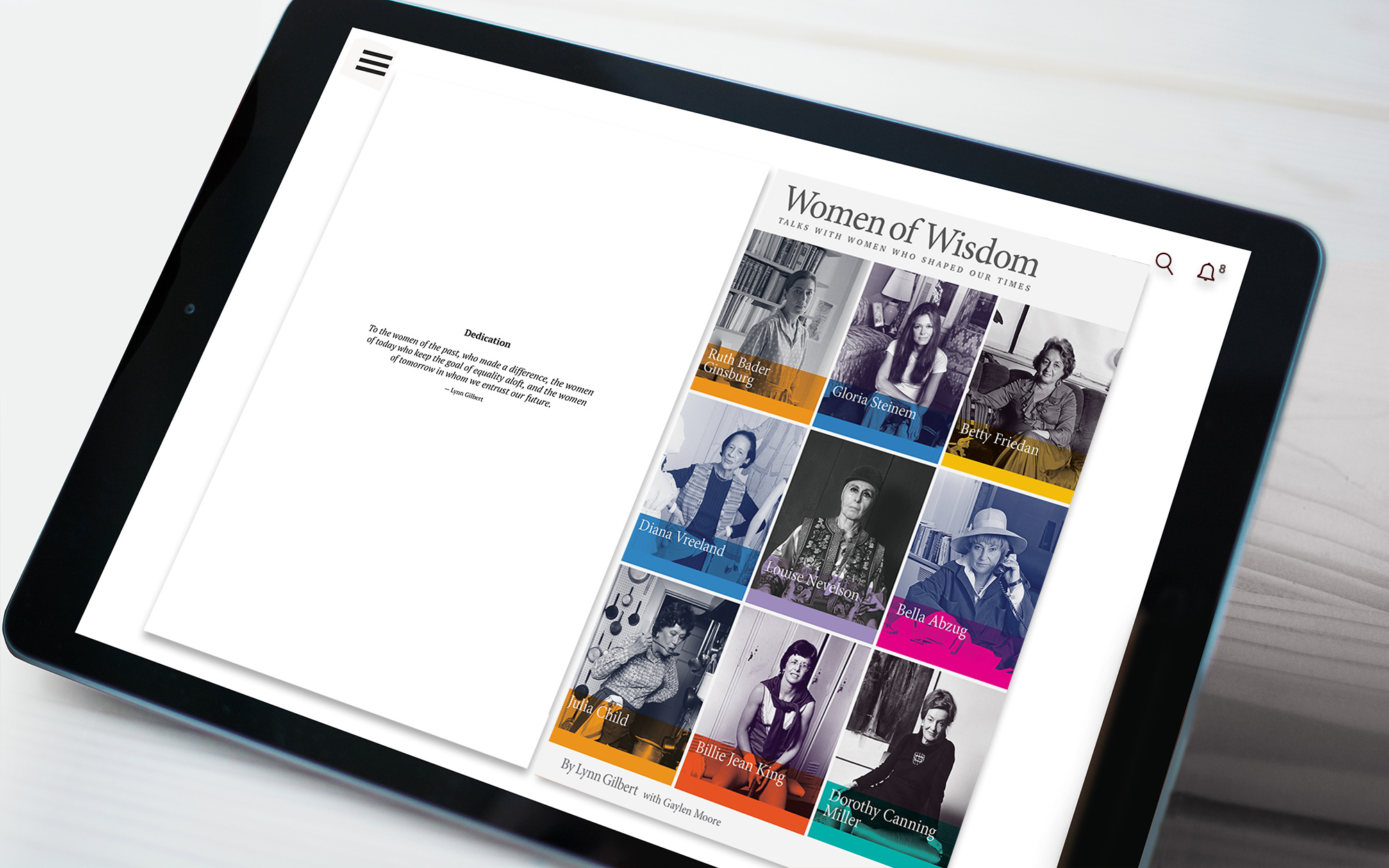"I was planning to go into this cooking thing very seriously and take a long time studying and learning, but then I was suddenly thrown into it for keeps. After I had met Simca, I also met her friend and colleague, Louisette Bertholle, also a member of the gastronomy club, Le Cercle des Gourmettes. She and Simca were working on a cookbook for the United States, which had been going on for some time. One day the three of us had invited some American friends of mine for lunch. They wanted cooking lessons but said they didn’t want to go to the Cordon Bleu because they didn’t speak French, and so why didn’t we teach them? I thought, My heavens, I wasn’t nearly ready for that. But Simca, who is always ready for anything and was far more experienced than either Louisette or I, said, “Well, why not?” And we started our cooking school, L’Ecole des Trois Gourmandes, just about the next day."
– Julia Child, from 'Particular Passions: Talks with Women Who Shaped Our Times', by Lynn Gilbert.
For a limited time, enjoy the a free chapter of Particular Passions on Facebook. The oral biography of Julia Child, whose love of French culture and cuisine brought a renewed appreciation for the culinary arts in America.






